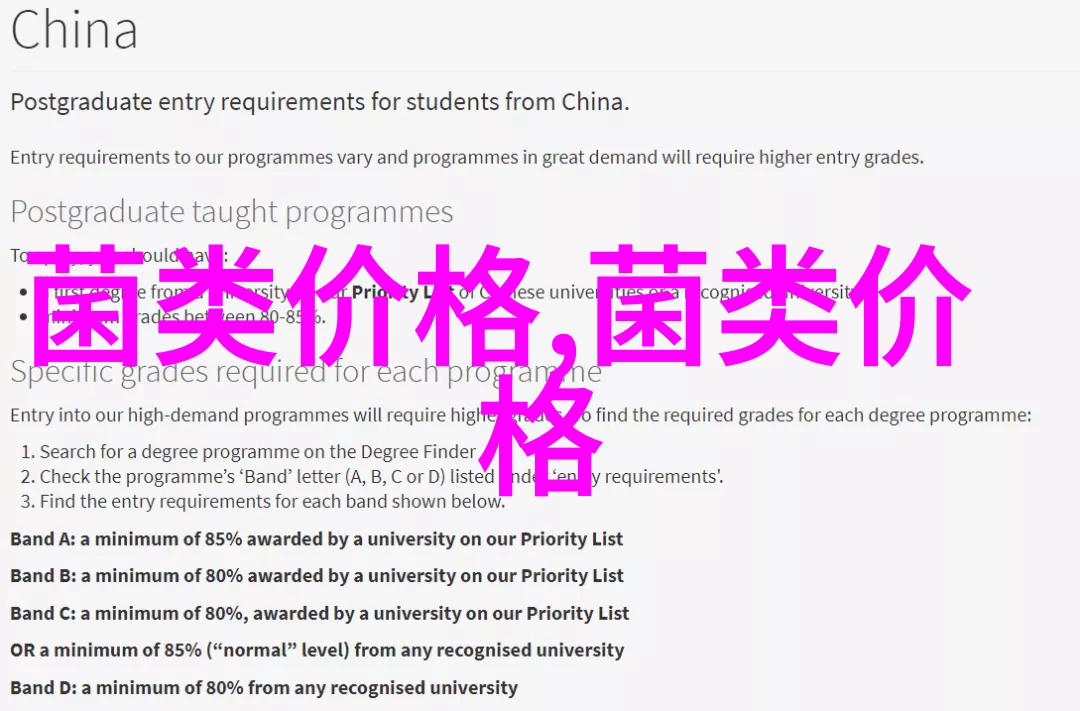
医院法律法规知识培训内容 - 规范医疗实践深入解析医院法律法规知识
规范医疗实践:深入解析医院法律法规知识

在现代医疗行业,医院的运营不仅需要高超的医学技能,还必须遵守一系列复杂的法律法规。因此,对于医护人员来说,了解并掌握相关法律法规知识是至关重要的。这就要求医院定期对员工进行法律法规知识培训,以确保医疗服务能够在合法合规的情况下进行。
首先,医院应当熟悉和执行国家有关卫生健康工作的法律、行政法规以及部门規定的政策文件。在实际操作中,这意味着医生和护士必须了解患者信息保护条例,以及如何正确处理病人隐私问题。此外,与药品管理相关的规定也非常关键,比如正确记录用药史,并按照规定处置过期或无效药品。

其次, hospitals must be aware of and comply with labor laws, including those related to employee rights and benefits. For instance, the hospital must ensure that its employees are paid in accordance with the law and receive proper breaks during their working hours. Failure to do so may result in legal consequences, such as fines or even lawsuits.
Another important aspect is patient safety and quality control. Hospitals must implement measures to prevent medical errors and ensure that patients receive appropriate care according to established standards. This includes maintaining accurate medical records, conducting regular audits of clinical practices, and providing ongoing education for staff on best practices.

A real-life case study can help illustrate these points. In 2019, a Chinese hospital was fined by the local health authorities for violating patient privacy regulations. The hospital had failed to properly dispose of medical waste containing sensitive patient information, which was later found by an unauthorized person. This incident highlights the importance of training staff on data protection policies.
Furthermore, hospitals must also be aware of intellectual property rights when it comes to research and development activities within their institutions. Any discoveries or innovations made using public funds should be shared fairly among stakeholders while ensuring that they are not misused.

In conclusion, comprehensive knowledge of hospital legal regulations is essential for healthcare providers who want to operate effectively without running into legal issues. By staying up-to-date with relevant laws and guidelines through regular training sessions or workshops, hospitals can protect themselves from potential liabilities while improving overall service quality for patients.
By combining theoretical knowledge with practical examples drawn from real-world scenarios like this one above mentioned case study about improper disposal of medical waste containing sensitive information), we hope this article has provided valuable insights into how important it is for healthcare professionals to stay informed about their obligations under various aspects of healthcare-related legislation—and what happens when they fail do so—so that everyone involved in a given health system knows where they stand legally speaking at all times!




